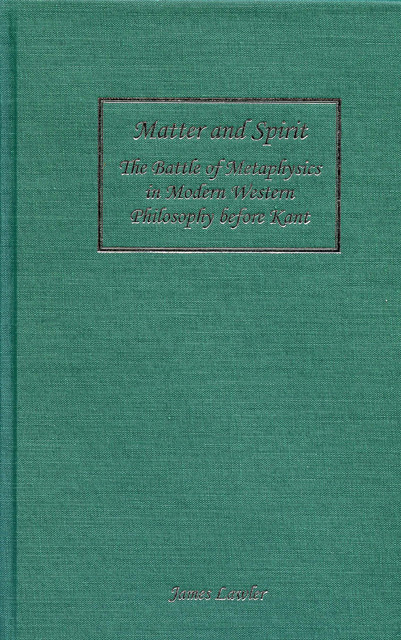12 - Leibniz's Discovery of Universal Freedom
Published online by Cambridge University Press: 17 March 2023
Summary
THE OCCASIONALISM OF MALEBRANCHE
In a letter to Princess Elizabeth written in 1643, Descartes explains the underlying strategy of his works:
There are two facts about the human soul on which depend all the knowledge we can have of its nature. The first is that it thinks, the second is that, being united to the body, it can act and be acted upon along with it. About the second I have said hardly anything; I have tried only to make the first well understood. For my principal aim was to prove the distinction between soul and body, and to this end only the first was useful, and the second might have been harmful.
The philosopher should be judged primarily by what he intends to accomplish, not by what he fails to discuss, and even deliberately puts aside. According to Descartes, we all know from ordinary sensory experience that mind and body are a unity—that we suffer in mind when the body is afflicted, and yet can move our bodies about at will. But in an age in which the sciences are taking great steps at establishing the mechanisms of physical motion, the great danger is that the human spirit will be seen as nothing but empty froth tossed on a sea of mindless matter. Hence Descartes sets as his central goal the establishment of the independent power of self-conscious spirit—the great moving force behind the forward thrust of science itself. So successful was he at this task, that many of his followers came to doubt what for him was the obvious fact of mind-body unity—a topic he deliberately put aside in view of his primary purpose.
A major contingent of Descartes’ followers, led by Nicolas Malebranche (1638–1715), argues that soul and body do not interact. It is the action of God that coordinates the radically different fields of mental and physical phenomena. We have seen that Locke, who interprets Descartes through the perspective of this leading Cartesian of his time, espouses something like this position. The doctrine of “occasionalism” developed by Malebranche agrees with Descartes that the human will is free, but denies that an act of will can cause the body to move.
- Type
- Chapter
- Information
- Matter and SpiritThe Battle of Metaphysics in Modern Western Philosophy before Kant, pp. 376 - 405Publisher: Boydell & BrewerPrint publication year: 2006

